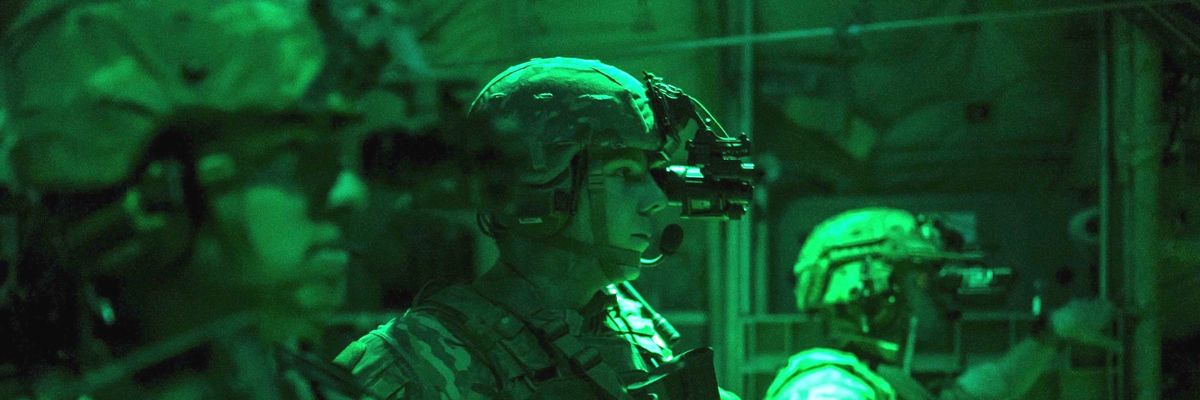“There are other parts of the world — Somalia, Libya, Yemen — where we don’t have a presence on the ground,” said White House spokesperson Jen Psaki late this summer.
That was patently false. But it fits a pattern.
The U.S. first dispatched commandos to Somalia shortly after 9/11 and has been conducting air strikes in the country since 2007. Journalists and human rights organizations have documented scores of civilian victims of these attacks. In 254 declared U.S. actions in Somalia, the UK-based air strike monitoring group Airwars, for example, estimates that as many as 143 civilians have been killed. U.S. Africa Command (AFRICOM) puts the number at five.
Over the years, America has regularly stationed hundreds of troops in Somalia, including commandos involved in so-called 127e programs — named for a budgetary authority that allows U.S. Special Operations forces to use local military units as surrogates in counterterrorism missions. These efforts have been conducted under the code names Exile Hunter, Kodiak Hunter, Mongoose Hunter, Paladin Hunter and Ultimate Hunter, and involved U.S. commandos training and equipping troops from Ethiopia, Kenya, Somalia and Uganda as part of the fight against the Islamist militant group al-Shabab. The U.S. also maintained no fewer than five bases in Somalia as recently as last year.
An eleventh hour withdrawal of U.S. forces by the Trump administration was officially completed in mid-January. Under the Biden administration, however, troops soon began “commuting” to Somalia and an American “footprint” was reestablished, according to AFRICOM spokesperson John Manley.
When asked to explain why Psaki claimed there was no U.S. presence in Somalia, Biden administration officials would only speak off the record. “You are welcome to say that the White House declined to give further comment and pointed you to previous interviews where senior officials explained that we do not currently have a large permanent presence on the ground in places like Libya and Somalia,” a spokesperson, who refused to be named, wrote in an email.
What constitutes a “large permanent presence” is unclear, but U.S. troops do, indeed, have a presence on the ground in Somalia. “Our footprint in Somalia is under 100 personnel, though as you know, that number can fluctuate with periodic engagements,” Manley told Responsible Statecraft.
Despite this, Special Operations Command Africa (SOCAFRICA), a theater special operations command (TSOC) which oversees commandos on the continent and is under operational control of AFRICOM, recently seemed to echo Psaki. When asked for a list of countries where U.S. commandos were deployed in 2021, U.S. Special Operations Command Africa failed to mention Somalia.
Asked why Somalia was absent from SOCAFRICA’s inventory of countries, Special Operations Command spokesperson Ken McGraw explained: “The TSOCs and the geographic combatant commands they support decide what countries will be on the list they send me.”
Despite Psaki’s assertions, SOCAFRICA’s creative accounting, and the supposed withdrawal from Somalia in January, U.S. troops have been operating in Somalia, without pause, for years on end. Even after the withdrawal, earlier this year, AFRICOM spokesperson Colonel Christopher Karns admitted that U.S. troops, albeit a “very limited” number, remained. His commander-in-chief, Joe Biden, said the same in a June letter to Congressional leaders, writing that only the “majority of United States forces in Somalia redeployed or repositioned to neighboring countries prior to my inauguration as President.”















